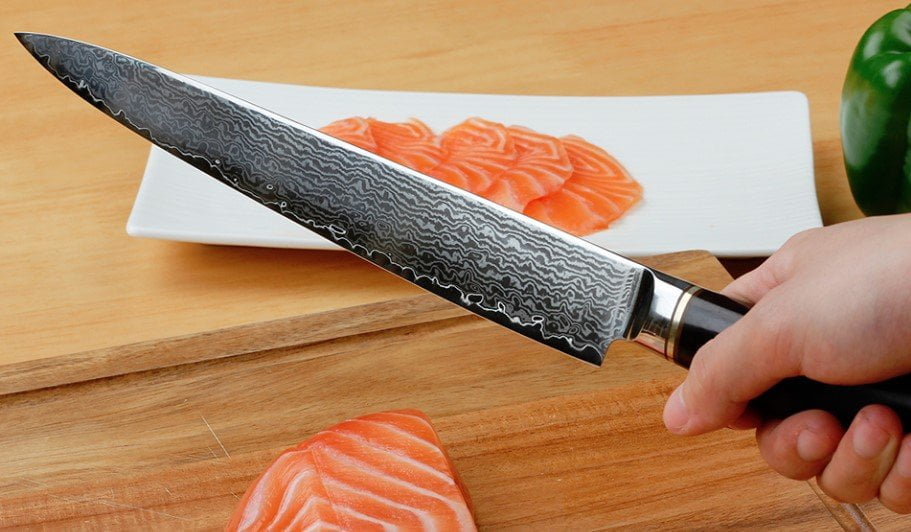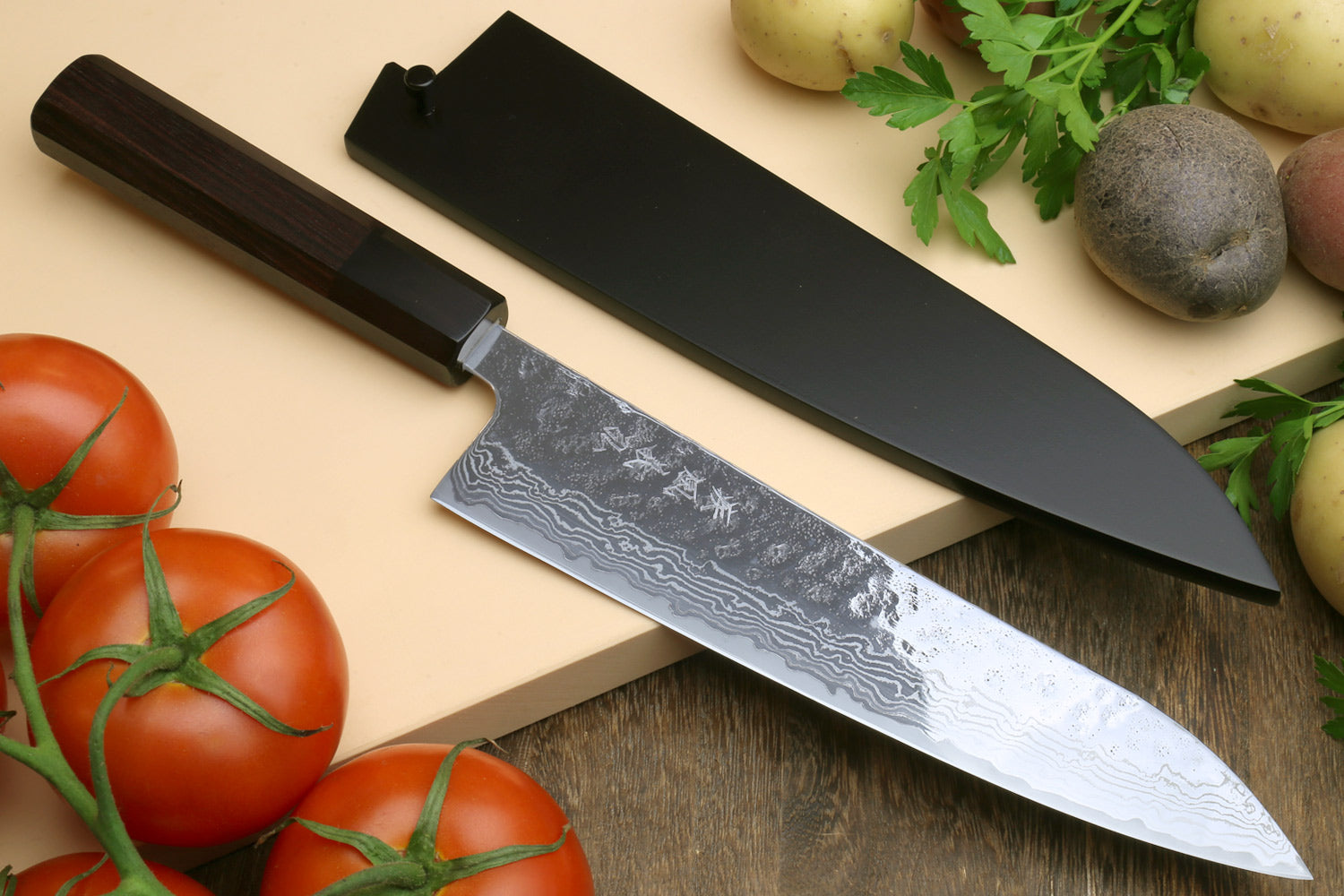The allure of damascus blade patterns has captivated kitchen professionals for generations. Famed not just for their aesthetics, these blades offer unparalleled strength, making them a favorite in professional kitchens. In this article, we dive deep into the world of Damascus steel, exploring its rich history, unique patterns, and why it remains the pinnacle of knife craftsmanship.

Origins and Historical Significance of Damascus Steel
To appreciate the beauty of damascus blade patterns, one must first understand their origin. Damascus steel dates back to ancient civilizations, renowned for its distinctive wave-like designs. According to a very brief history of Damascus steel, these blades were first produced in the Ancient Near East around 300 AD. They quickly gained popularity for their ability to retain sharpness and durability.
Intriguingly, the original methods of creating Damascus steel were lost over time, leading modern smiths to recreate these masterpieces through different means. The legacy of these blades lives on in kitchens today, admired for both form and function.
Understanding Damascus Blade Patterns
The key to the appeal of Damascus knives lies in the blade patterns. These patterns are not just decorative but a result of the forging process itself. Modern Damascus knives consist of multiple layers of steel, folded repeatedly to produce intricate designs.
These patterns vary, each with its own character and story. Most popular among them is the 'raindrop' pattern, which gives the blade a water-like ripple effect. Another favorite is the 'ladder' pattern, with its evenly spaced stripes that offer a striking visual effect.
The Process of Crafting Damascus Blade Patterns
The process begins with layering different types of steel. By folding and forging the layers under intense heat, smiths create the distinctive patterns unique to each blade. This technique not only enhances the knife's aesthetics but also bolsters its strength and flexibility.
Expert artisans pay meticulous attention to detail, ensuring each layer adds to the blade's allure. As a kitchen professional, understanding this craftsmanship can elevate your appreciation and choice of cutlery.
Why Choose Damascus for Your Kitchen?
The decision to invest in Damascus knives is driven by more than just their aesthetic appeal. They are revered for their longevity and performance in the kitchen. Their ability to maintain sharp edges makes them ideal for precise cutting tasks.
Furthermore, Damascus knives serve as a testament to a professional's commitment to quality and tradition. For those looking to learn more about the intricate designs of these knives, explore the hand-forged Damascus designs.
Choosing the Right Damascus Knife
For kitchen professionals, selecting a knife means balancing form and function. Quality Damascus knives not only provide functionality but also stand as a piece of art. Evaluate your specific needs before making a choice, keeping in mind the types of tasks you commonly perform.
To further understand what makes a good brand, you can read about whether Global is a good knife brand, as this can offer insights into quality selection.
Conclusion
The story of damascus blade patterns continues to unfold in kitchens worldwide. They stand as symbols of history, artistry, and functionality. For the discerning kitchen professional, understanding and appreciating this ancient craft can transform a simple tool into a timeless treasure.

FAQs
What makes Damascus knives special?
Damascus knives are valued for their unique patterns, strength, and ability to maintain sharp edges. The artistry involved in their creation adds to their appeal.
Are all Damascus patterns the same?
No, there are various patterns like raindrop, ladder, and others, each offering unique aesthetics based on the forging technique.
How do I care for my Damascus knife?
Avoid dishwashers; hand wash and dry immediately to prevent rust. Regular honing maintains its sharpness. For more guidance, see the proper care of Damascus steel.
This article contains affiliate links. We may earn a commission at no extra cost to you.


























